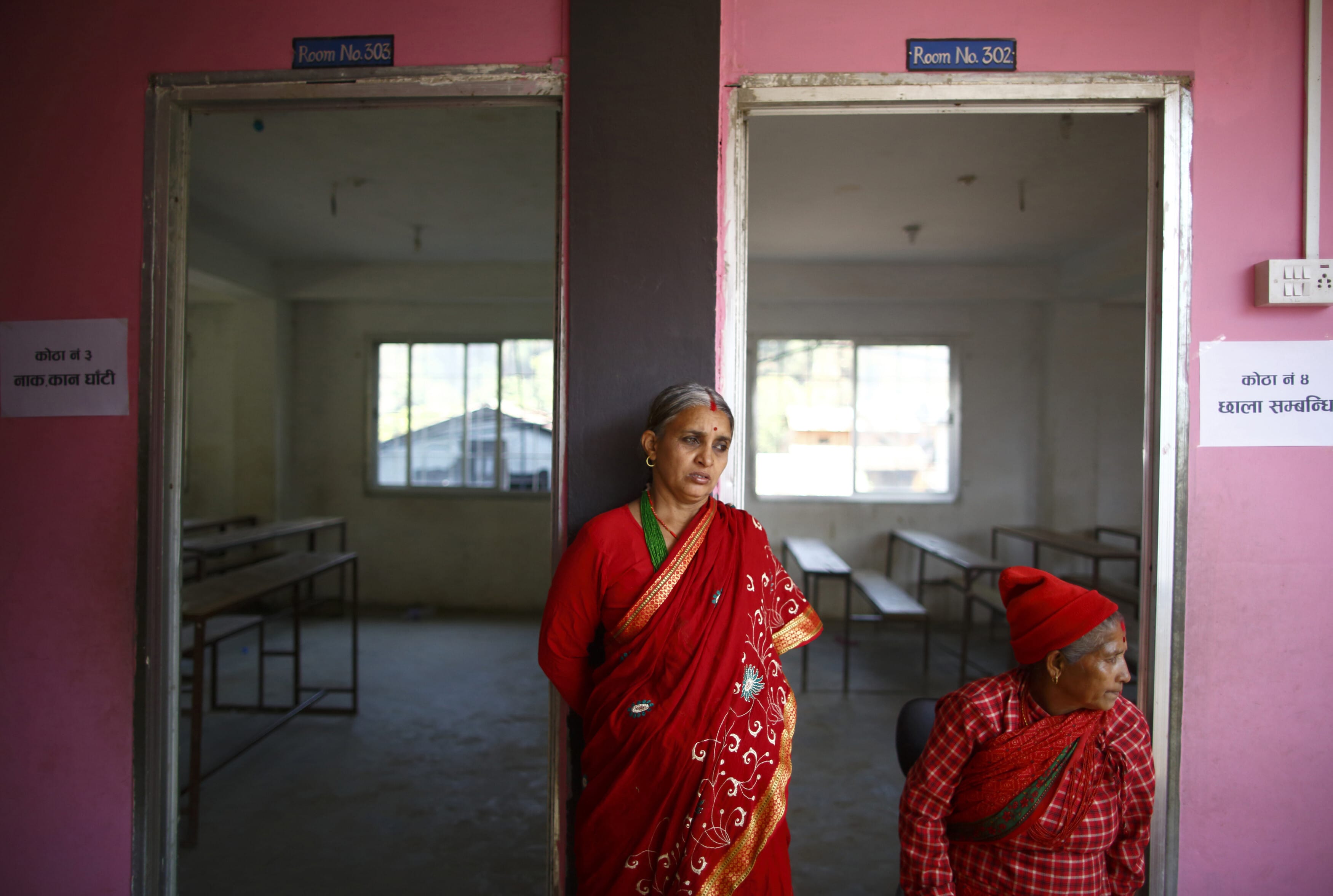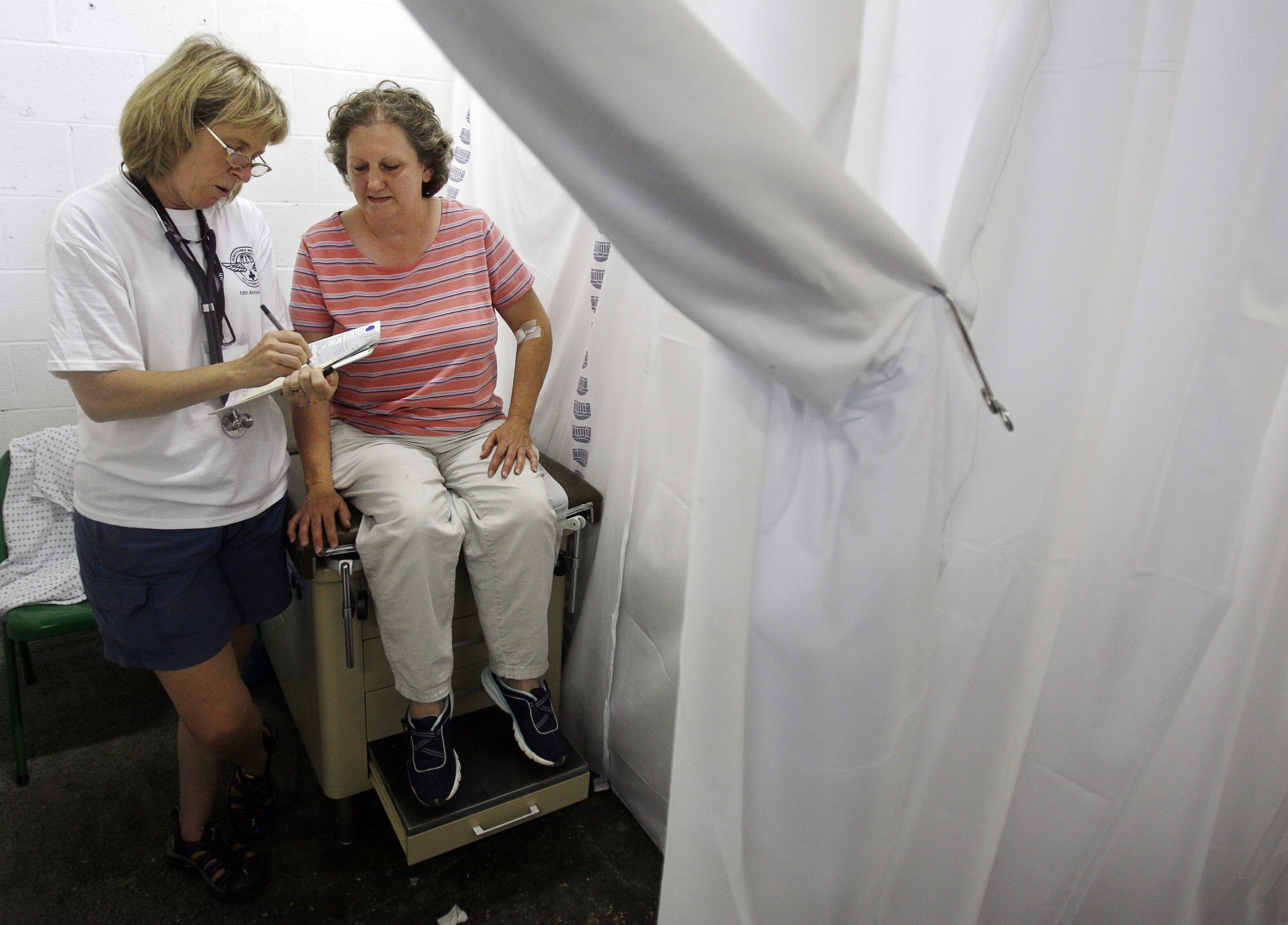Celebrating Gaston Ramon – the vet who discovered vaccinology's secret weapon

Ramon's crucial discovery is the foundation stone for modern vaccines.
Image: Wellcome Collection
Stay up to date:
Global Health
As the saying goes: “Not all heroes wear capes.” The history of vaccines is full of such heroes – from the generations of parents who have helped protect their children by getting them vaccinated, to the healthcare workers performing vaccinations, to the great scientists behind life-saving vaccines. These include Edward Jenner (pioneer of the smallpox vaccine), Albert Sabin and Jonas Salk (polio), Stanley Plotkin (rubella) and Rappuoli (various vaccines including meningococcus B).
Today, though, I would like to shine the light on a somewhat overlooked hero in the history of vaccines – Gaston Ramon (1886-1963) – a French veterinarian best known for his work on the diphtheria and tetanus vaccine, and world record holder for the most Nobel prize nominations (155), without ever winning one.
Why have I chosen Ramon? Because, while working at the Pasteur Institute in Paris in the 1920s, he made the crucial observation that horses being vaccinated against diphtheria had a stronger immune response if they had an inflammation at the injection site. Ramon was able to show that an inflammation could be achieved by adding a variety of substances to the vaccine – substances he referred to as adjuvants (from the Latin adiuvare, meaning to help or aid). It’s difficult to overstate the importance of this discovery. Without adjuvants, many of today’s vaccines would simply not exist.
Ramon’s discovery of adjuvants is a great example of the slow, steady drumbeat of scientific progress, and the fact that simple observations can turn into magnificent discoveries, even without their implications being widely recognized at the beginning. At the time of discovery, although it was clear that adjuvants worked, it was not understood how or why. Over the years, this resulted in some confusion and even debate about the use adjuvants, leading some to call adjuvants vaccinology’s “dirty little secret”. I prefer to use the term secret weapon for these incredibly useful substances. Fortunately, science and technology, as well as our understanding of how our immune system works, has advanced in leaps and bounds over the years – thanks to many more heroes without capes.
The first leap took place in the 1930s, thanks to the work of Ramon on a series of substances, when scientists discovered that aluminium salts had adjuvant abilities and could enhance an immune response. Alum, as this adjuvant is referred to, was the first to be introduced into human vaccines. In fact, it is still in use for several vaccines today. This was an important step, because earlier vaccines typically contained a weakened or killed pathogen (virus or bacteria), which was often enough to induce an immune response, but also frequently induced unwanted local and systemic reactions. This is why researchers set off to develop, newer, safer, easier-to-produce vaccines, by using a piece of the pathogen. This sometimes means that we have to “help” present or highlight this piece to the immune system, to ring the alarm bells of the immune system and allow it to do its work. It was in this area in particular that Ramon’s remarkable discovery came to the rescue.
The past 20-30 years has seen incredible progress, and newly developed adjuvants are starting to open doors to vaccines once considered impossible. As scientist have built a better understanding of how the immune systems of humans interact with the diseases that infect them – including the role played by adjuvants in producing and control an immune response – vaccines for major global health issues, such as malaria and tuberculosis, have come within sight. The same is true for vaccines targeting diseases that primarily effect older adults and their notoriously weaker immune systems. A recent example of a vaccine for older adults is the adjuvanted shingles vaccine, which has been shown to induce high efficacy in groups including the elderly.
This last point is an important one, and not just because I count myself in the category of older adults. It is important because vaccines are mostly associated with helping prevent potentially deadly childhood diseases. But great numbers of the children who benefited from the earliest vaccines, including myself, have now survived our childhood … and our teens … and middle age … thanks in part to vaccines. And the simple, sad scientific reality is that, as we age, our immune systems begin to lose its ability to mount an effective response to infection. This also means that our immune systems start to lose their ability to mount an effective response to most vaccinations, unless an adjuvant or specific formulations are involved. Therefore, without the new generation of adjuvanted vaccines that have been designed to jolt our immune systems, a large demographic in our modern society would once again be left less- or unprotected from a number of preventable diseases as they age.
Therefore, for World Immunization Week, it’s time we gave Gaston Ramon a well-deserved moment in the spotlight, and communicate more widely about how adjuvants have contributed to public health over the years. Adjuvanted vaccines are now being used to tackle unmet medical needs for important diseases (including major global health issues and diseases primarily affecting older adults), with the potential to prevent needless suffering and help save tens of thousands of additional lives. Thank you so much, Gaston Ramon.
Don't miss any update on this topic
Create a free account and access your personalized content collection with our latest publications and analyses.
License and Republishing
World Economic Forum articles may be republished in accordance with the Creative Commons Attribution-NonCommercial-NoDerivatives 4.0 International Public License, and in accordance with our Terms of Use.
The views expressed in this article are those of the author alone and not the World Economic Forum.
Forum Stories newsletter
Bringing you weekly curated insights and analysis on the global issues that matter.
More on Health and Healthcare SystemsSee all
Andrea Willige
September 22, 2025
David Elliott
September 22, 2025
Amira Ghouaibi
September 22, 2025
David Elliott
September 19, 2025
Jan-Willem Scheijgrond and Syaru Shirley Lin
September 18, 2025
Nina Rawal and Dorothy Chou
September 18, 2025







